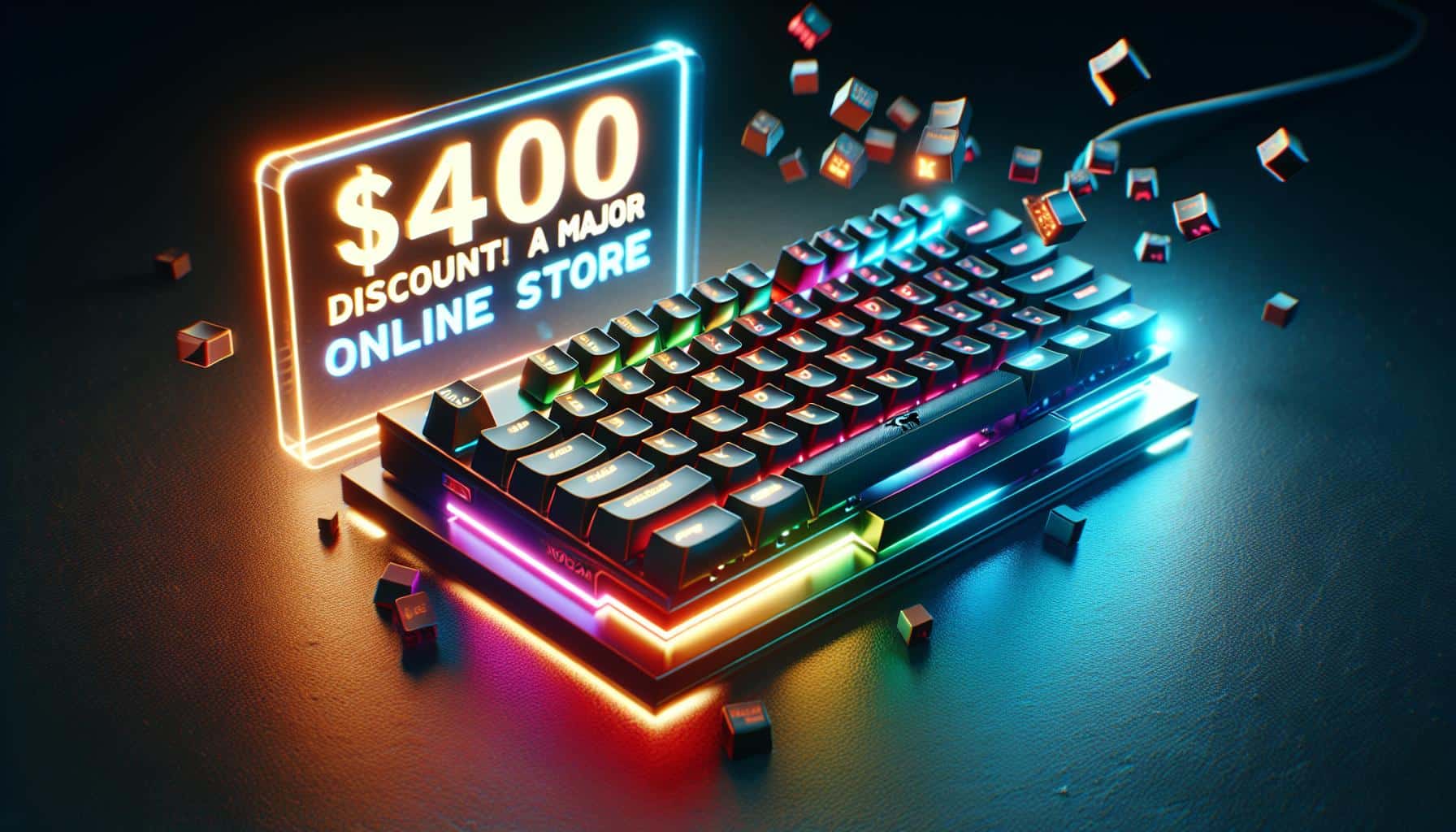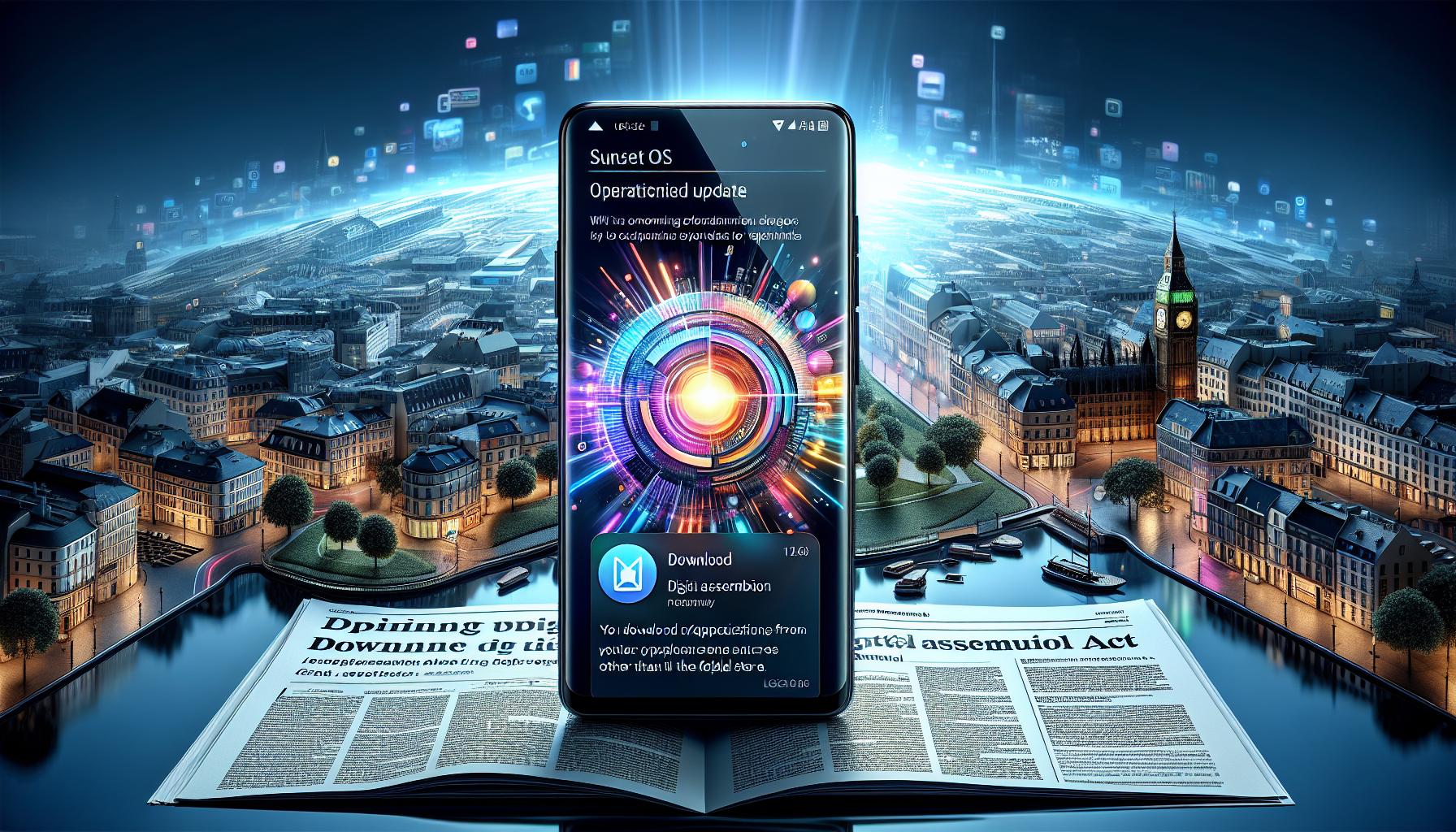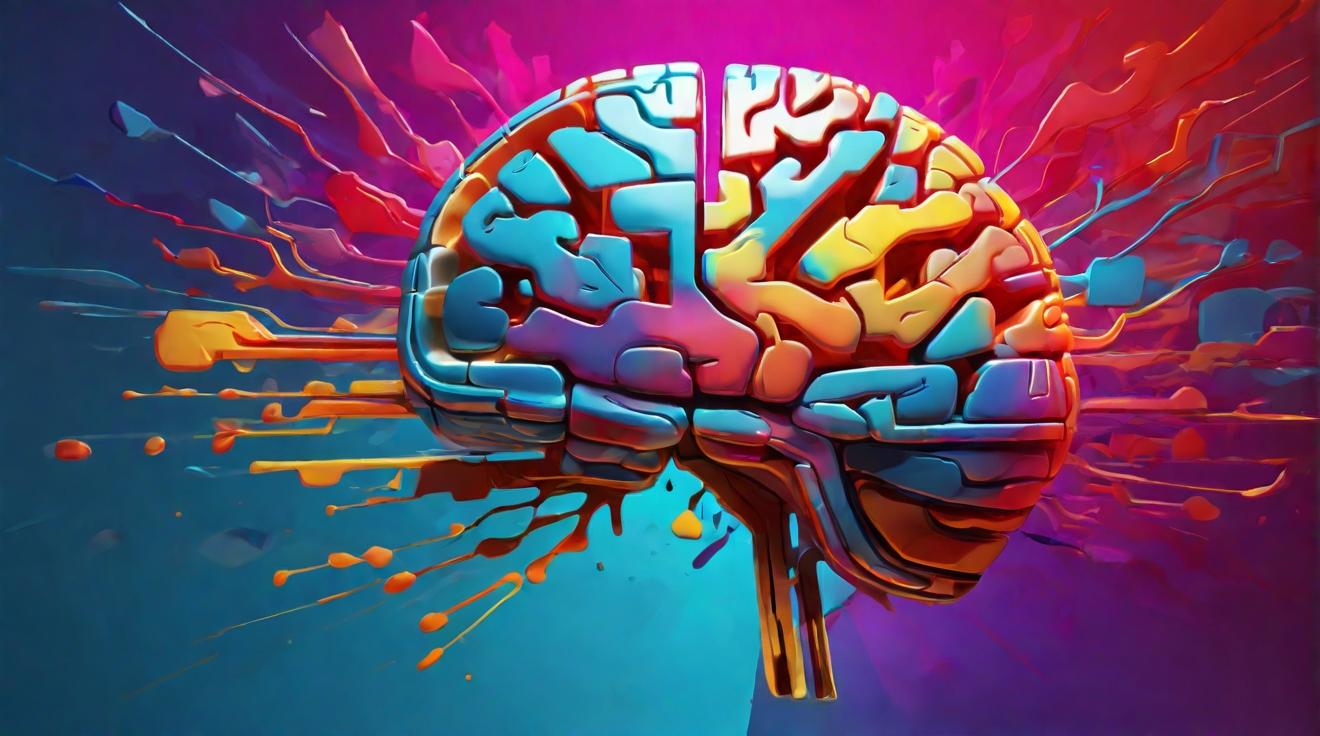The Rise of Artificial Intelligence in the Gaming Industry
Artificial Intelligence (AI) has become a significant presence in the gaming industry, revolutionizing the way games are developed and played. This advanced technology allows game developers to create immersive and challenging experiences that were previously unimaginable. With AI, games can now adapt to players’ actions and preferences, creating personalized and dynamic gameplay.
AI in Game Development: Enhancing Player Experience
One prominent aspect of AI in gaming is its role in game development. AI algorithms are used to create non-player characters (NPCs) that possess intelligent behavior and respond to players’ actions. These NPCs can intelligently adapt to players’ strategies, making the game more realistic and challenging. Additionally, AI is being used to generate procedurally generated content, allowing for endless possibilities and preventing repetition in games.
AI is also being used to enhance the overall player experience. Through machine learning algorithms, AI can analyze a player’s playing style, preferences, and patterns, and adapt the game accordingly. This personalized gaming experience not only creates a sense of immersion but also keeps players engaged and entertained.
AI in Game Design: Removing Limitations and Pushing Boundaries
AI has also influenced the game design process, allowing game developers to push the boundaries of creativity and remove limitations. The use of AI can automate various aspects of game design, such as level generation, character animation, and sound production. This automation not only saves time and resources but also allows game designers to focus on creating engaging and innovative gameplay mechanics.
Moreover, AI can facilitate the creation of complex and realistic game worlds. By simulating physics, AI algorithms can generate realistic and dynamic environments that react to players’ actions. This enables game designers to create rich and immersive virtual worlds that captivate players’ imagination.
The Future of Gaming: AI-powered Virtual Reality
As AI continues to evolve, it has started to merge with another emerging technology in the gaming industry – virtual reality (VR). The combination of AI and VR has the potential to revolutionize gaming even further, creating unprecedented levels of immersion and realism. AI algorithms can enhance the VR experience by providing intelligent interactions and realistic reactions to players’ movements and actions.
Furthermore, AI can play a crucial role in addressing some of the challenges faced by VR, such as motion sickness and limited field of view. By using AI-powered algorithms, game developers can optimize the VR experience and overcome these limitations, making VR gaming accessible to a wider audience.
Conclusion
The integration of artificial intelligence in the gaming industry has undoubtedly transformed the way games are developed and played. From enhancing player experience to pushing the boundaries of game design, AI has proven to be an invaluable tool for game developers. With the future merging of AI and virtual reality, the gaming industry is poised to enter a new era of innovation and immersion. As AI continues to evolve, gamers can look forward to more personalized, challenging, and realistic gaming experiences.
Analyst comment
This news is positive for the gaming industry. The rise of artificial intelligence (AI) in gaming has revolutionized game development and player experiences. With AI, games can adapt to players’ actions and preferences, creating personalized and dynamic gameplay. AI also enhances game design, removing limitations and allowing for innovative gameplay mechanics. The future integration of AI and virtual reality (VR) will further enhance immersion and realism in gaming. Overall, the market is expected to grow as AI continues to evolve and offer more personalized and realistic gaming experiences.













